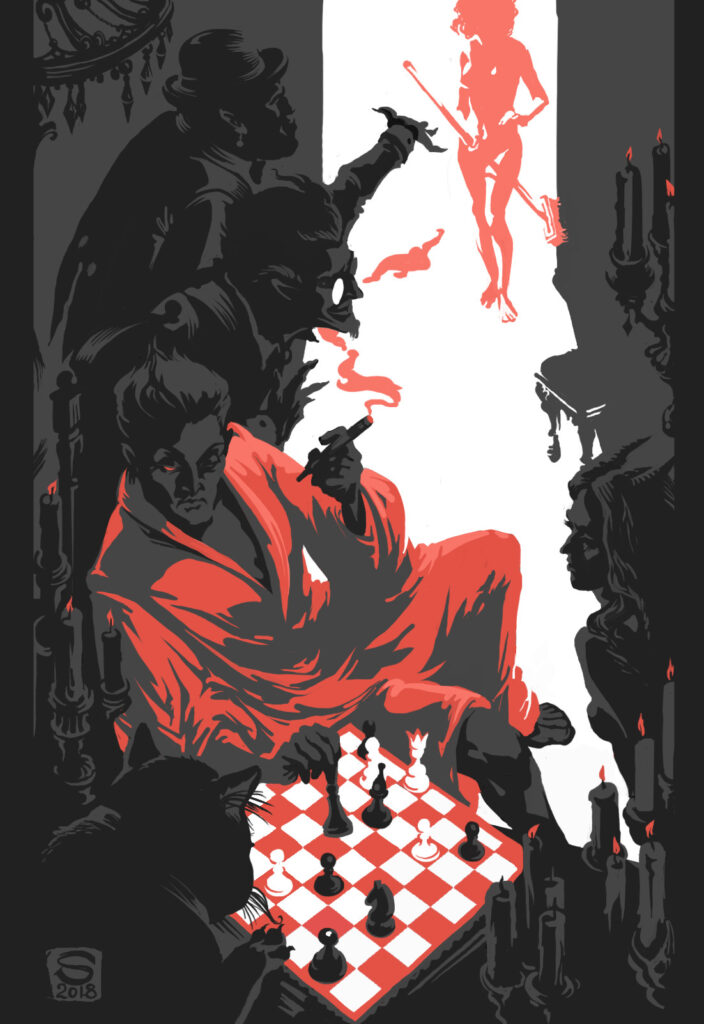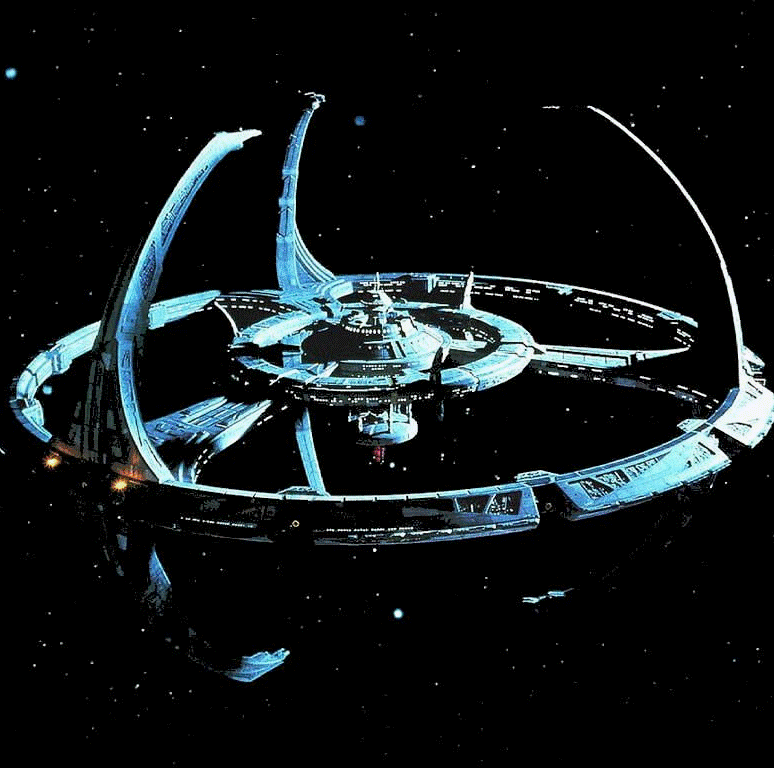U.S. War Merchants, Dare Play or Make Narrow Deals With the Master? ☻Checkmate!

U.S. War Merchants, ‘Insider Info’ to Narrow Deals? Who’s really playing dirty?
No ‘margin calls’ in weapons. Only ‘fire sale.’ But in country collapse ‘All’s Fair in Love and War.”
Americans play the markets, to “Be First. Be Smarter. Or Cheat.”
Iran, the U.S. made the first move. Moved you 10 spaces ahead, only to forcibly move you back. Next ‘direct talks,’ if not ‘First’, then Be Smarter…. Or risk walking in Ukraine’s path…
But be reminded, Element of Surprise wears many masks and makes many deadly moves.
Who better than War Merchants to broker ‘peace’ only to profit by War Machines. Recall my words, Englishman Archer points to ‘Trumper, The Honest Trader.’
West’s actions are predictable. Sell the idea of war. Arm friends, enemies and good neighbors.
Russia too has ‘good neighbors’ and friends. Right China, Korea and Iran?
China, you heeded my message to Putin. In holding the sword, think it a bird. Held “too tight, it chokes. Too lightly, flies away.”
Taiwan? ‘Let the chips fall where they may.’
Good Accountants know how ‘to get to heart of the problem’ right Lavrov? Access to ‘insider info’ or ‘margin calls’ American Politicians know when to ‘take their money and run.’
U.S. War Merchants, took out your “Soviet Military Power” playbook to play with China, DPRK, Russia, and Iran?
Blueprint layout is old but pretty clear, Checkmate! ☻
IRAN ↔ CHINA ↔ RUSSIA ↔ KOREA
↓ ↓ ↓ ↓
u.s./nato

The text is in English.
Interesting perspective on the role of U.S. war merchants in global politics. The idea of profiting from war while brokering peace is both cynical and thought-provoking. The mention of historical tactics being reused adds a layer of strategic analysis. The analogy of holding a sword like a bird is particularly striking. Do you believe this is an accurate depiction of current geopolitical strategies?
The text delves into the dynamics of war and profit, questioning who truly profits from conflict and whether insider information plays a role. It suggests that in the world of war and profit, tactics such as surprise and deception are common. The text also references historical figures and events, hinting at a complex web of action and reaction in geopolitical affairs. This raises questions about morality and the true nature of those involved in the arms trade.